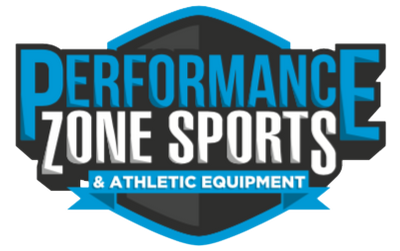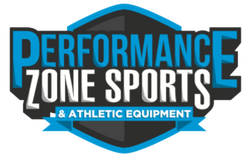Compression Sleeves: Do They Really Work?
*By Tasha G-W
You have probably seen people at races or running around the streets that have those compression socks or sleeves on. Maybe you have thought to yourself, “Do those really work?” Marathon runners have been sporting compression socks for several years. However, in more recent times they have become very popular amongst gym goers, athletes and the every day runner. For many, it’s difficult to decide whether they’re just a fancy accessory, or a weapon that improves our performance whenever we hit the pavement, dirt, or treadmill. This article will explain the concept behind compression and how it can benefit you.
Understanding how compression socks and sleeves work requires a basic understanding of how blood flows through your body. The heart pumps oxygen containing blood to your extremities and working muscles through arteries. Once the cells use the oxygen and other nutrients from the blood, the then deoxygenated blood, along with lactic acid and other waste products enter the veins to get taken back to the heart. Once the blood gets back to the heart, it’s oxygenated from the lungs and the process is repeated.
Keeping oxygenated blood flowing to muscles is important for performance. The more oxygen the cells have, the better they will function. Improved blood flow through the muscles simply means higher oxygen levels. The increase in blood flow is also great for recovery. During this time, your muscles will not only receive oxygen, but also key nutrients that will help prevent soreness and lead to faster recovery. Recovery is important to success in running because it prevents injuries accumulated over time. If you can recover faster, you can run harder and more often.
Additionally, muscular vibration during physical activity contributes to fatigue. Think about how much shock and vibration goes through your leg muscles whenever you pound the pavement with 3-5 times your body weight while running. Over time, those little vibrations of the muscles add up and they become fatigued. During exercise, the body produces lactic acid as a waste product. If this lactic acid is not removed from the muscles, it can contribute to soreness and decreased ability to perform.
Compression socks and sleeves provide graduated compression, meaning the compression is higher (tighter) at the foot and ankle and lower (looser) as it moves up the calf and lower leg. This type of compression helps to fight the effects of gravity and assist the body in venous return (deoxygenated blood flowing back up to the heart). Multiple studies have shown that with consistent compression, the walls of the arteries will dilate, increasing the blood that flows through them. Arterial blood flow has been shown to increase up to 40% during activity and 30% during recovery. This means more oxygen and nutrients flowing through the body.
There are many benefits to compression calf sleeves for runners. They can help you prevent and push through injury. They can boost your performance when you hit the pavement, and as a bonus, they simply look sharp. They help to make you feel good, work good, and look good. What more could you ask for from running apparel? Grab your compression sleeves here now!


